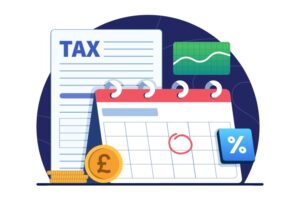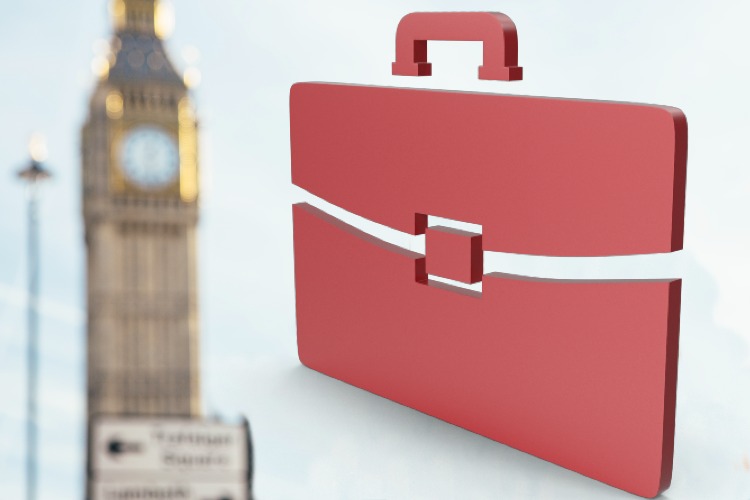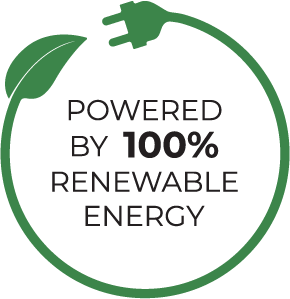The personal savings allowance is a benefit that applies to almost every taxpayer in the UK, which makes it much less likely that you’ll pay any tax on the interest you earn from your savings.
There are three bands of income tax in the UK, the basic rate, the higher rate and the additional rate. If you are on one of the first two bands, you don’t have to pay income tax on a large slice of the interest you earn.
- People on the basic rate of income tax – anyone who earns up to £50,270 in 2021/22 – pay no income tax on the first £1,000 of interest they earn on their savings.
- Those on the higher rate – earning between £50,270 and £150,000 in 2021/22 – pay no income tax on the first £500 of interest they earn.
- If you earn more than £150,000 per year on the additional rate, you are not eligible for the personal savings allowance and have to pay income tax on all the interest.
If you do earn more interest than is covered by the personal savings allowance, you have to pay income tax on the remainder at your standard rate – either 20% or 40% depending on the band.
ISAs
The return from ISAs – individual savings accounts – is completely tax free (as regards income tax), irrespective of the amount of interest received, and this interest does not need to be disclosed on tax returns. There are some innovative ISAs – such as a LISA – Lifetime ISA. £4,000 pa can be paid in, and the government pays a 25% bonus on the contributions made in a tax year. It is open to those aged 18-39. You can only withdraw without penalty or charges to use as a deposit on your first home (first time buyers only) or to use in your retirement from age 60.
There are other rules and regulations regarding the LISA, and there are further ISA options for your tax-free savings. Note however, that ISAs will form part of your estate for inheritance tax purposes, However, there are also certain holdings which can take this outside of your estate after a period of time.
Contact us if you would like to discuss any of these areas in more detail.










